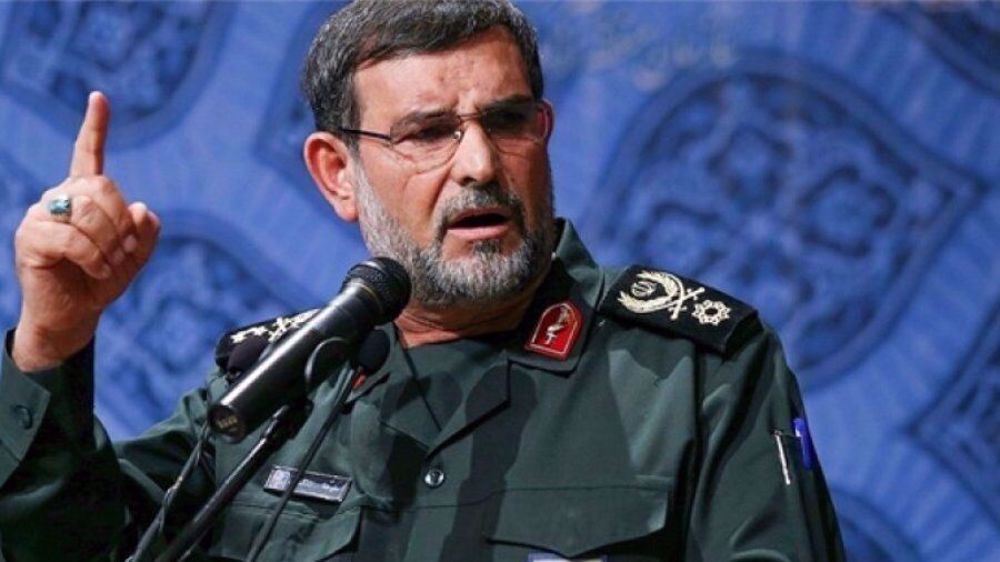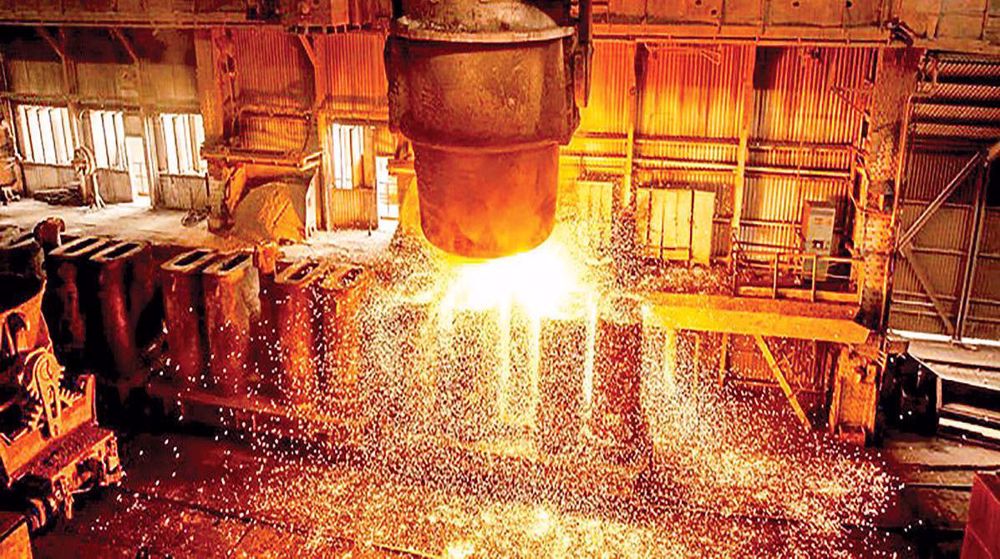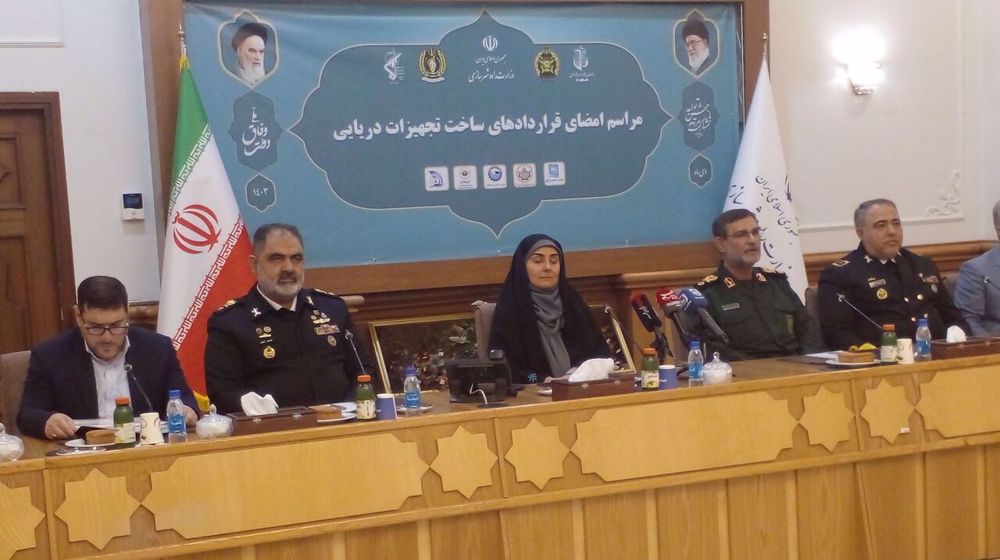Iran, Pakistan sign agreement to streamline trade
Iran and Pakistan have agreed to develop a mechanism for electronic exchange of bilateral trade data in a bid to curb misreporting.
Pakistan is a major destination of smuggled fuel from Iran where gasoline prices are among the lowest in the world.
On Monday, officials from Pakistan’s Federal Board of Revenue (FBR) and Iran Customs Administration signed a memorandum of understanding on electronic exchange of data.
Under the agreement, the two neighbors would trade documents on real time basis for exports of goods and advance information on goods and passengers at Taftan-Mirjaveh and other border stations.
FBR acting chairperson Nausheen Javaid Amjad said accurate valuation of the imported goods will lead to realization of greater revenues.
The implementation of the MoU would ensure availability of advance information about values, descriptions and quality of the goods to be imported into Pakistan from Iran and reduce costs on clearance of goods at the borders, she said.

Iran and Pakistan signed a preferential trade agreement in 2006 to boost exchanges but trade began to fall after 2008 because of Western sanctions on Tehran.
According to Pakistan Business Council (PBC), bilateral trade volume stood at $369 million as of 2018.
Pakistan exports paper and paperboard, rice and stationary products to Iran while it imports liquefied petroleum gas, other mineral fuels and electrical energy from Iran.
The potential for trade between the two countries, however, is estimated at $10 billion.
Iran sells 1,000 megawatts of electricity to Pakistan and plans to increase this up to 3,000 megawatts to cover some 4,000 megawatts of shortfall in the country.
Pakistan has yet to complete its part of a gas project to pipe Iranian gas to the country.
The $7 billion project, dubbed the “peace pipeline”, was conceived in the 1990s to connect Iran’s giant South Pars gas field to the subcontinent, but New Delhi quit it in 2009.
Iran has already completed work on the pipeline on its part, but the Pakistani government has not.
Last month, a Pakistani lawyer called for the government to be pushed on completing a gas pipeline with Iran at the earliest.
Saifullah Muhib Kakakhel asked Peshawar High Court to seek directive for the government to implement the much-delayed pipeline.
Iran, Kakakhel said, had offered Pakistan $500 million to help with the construction of the pipelines, but “due to the US pressure Pakistan could not complete the pipeline within the stipulated time”.
“Pakistan has violated the terms and condition of the agreement and may face heavy penalties in near future,” Karachi-based Dawn newspaper quoted him as saying.
According to the lawyer, there is dire need of gas and oil in Pakistan that can be imported easily from Iran but the government has not been availing that option.
VIDEO | Austrian Muslim NGO dedicates aid collecting event to Gaza
Israel launches three raids on Lebanon in fresh truce breach: Report
Dec. 26: ‘Axis of Resistance’ operations against Israeli occupation
Israeli forces raid Kamal Adwan Hospital after killing 53 in airstrikes
Pezeshkian to visit Russia next month to sign partnership pact
'Hypersonic' Yemeni missile hits Tel Aviv after Israeli airstrikes
VIDEO | Iran emerging as aviation service hub through innovative solutions
Iraq exhuming remains of 100 Kurdish women, children killed by Saddam










 This makes it easy to access the Press TV website
This makes it easy to access the Press TV website